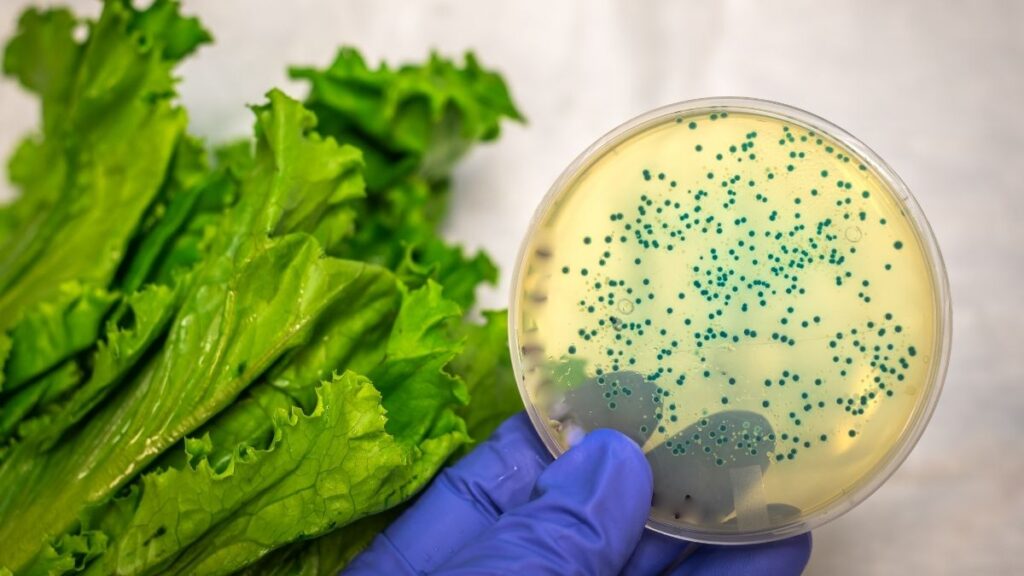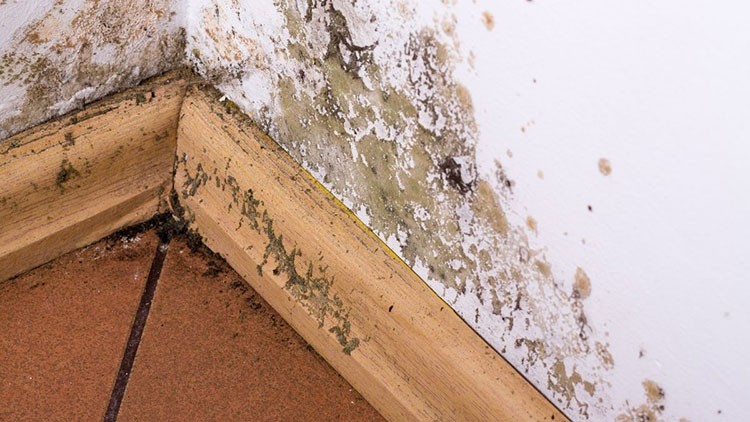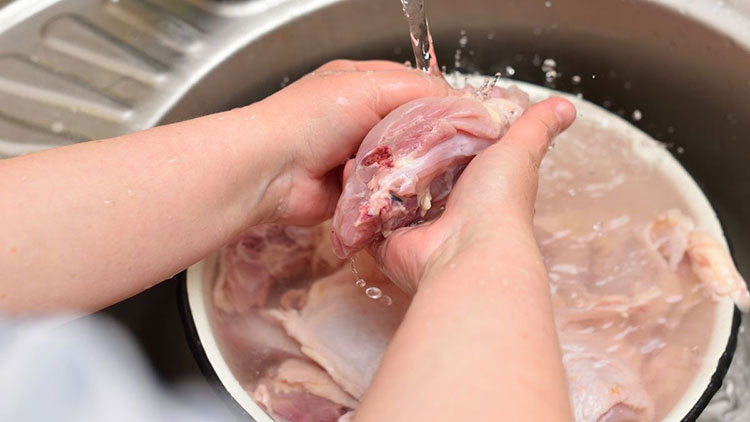
We all have to review the ‘rules’ and recommendations to avoid bacterial contamination in our food. This is important during “normal” (stable) time, but it’s something that becomes critical during a widespread crisis or SHTF situation.
In a crisis, when fresh food may not be available and we have to make do with what we have, we will want to be able to eat whatever is available, and know how to keep that food safe and ourselves from becoming sick. Avoiding bacterial contamination could mean avoiding the need for medical care, and that could mean everything.
Bodily Resistance
Bacterial contamination can cause bacterial infections. What determines whether or not we get sick from bacterial contamination includes:
- the status of our immune system;
- our nutritional status, as certain vitamins and minerals keep our immunity high when they are plentiful in our bodies. The deficiencies of these vitamins and minerals lowers our immunity;
- the type of diet we eat, such as a high fat diet, which suppresses our immunity;
- how much bacteria we were contaminated with; and
- the type of bacteria that is making us sick.
Food Poisoning 101

Every year, according to the CDC, 48 million Americans become ill from a foodborne illness. Of this number 3000 people die, and another 128,000 have extra hospital bills from being hospitalized.
These foodborne illnesses are often from bacterial contamination. The contamination could be from soil, the actual food, the environment the food was prepared or stored in, people working with the food, or contaminated surfaces. Yet, it’s easy to get into the habit of doing everything in our own power to avoid this type of illness.
One thing to consider is the times that bacterial contamination can sneak up on us. According to the Minnesota Department of Health, these times will include:
- paying attention to what’s happening when shopping,
- when you are refrigerating food after getting it home after shopping and after eating a meal,
- when preparing food in the kitchen, and
- when serving food.
We’ll talk about each of these in terms of guidelines.
Six Guidelines to Avoid Bacterial Contamination
Basically, you have to remember these microbiological foundations about bacterial infections:
1) Be Cautious of All Raw Foods
Raw foods contain a whole host of flora on them. Some of them may be harmful and could potentially cause an infection. Thus, the way you handle these foods is important to you successfully preventing infections.
While shopping, don’t mix raw foods with fresh foods in the cart and in your shopping bags. When you store the raw foods in the refrigerator, keep them separate from foods you will be eating without cooking. Keep them away from frozen foods that are thawing as well.
2) Wash Your Hands

Washing the foods prior to handling them and washing your hands with soap and water is often enough to decrease bacterial contamination. However, you also have to consider washing down the surfaces that have been touched by the raw foods, and then consider how you will wash those sponges or washcloths afterwards. This will include the washing of cutting boards, dishes, and countertops, too.
When washing your hands, take a full 20 seconds to do so. Make sure soap is something you stock. We’ve written about Bronner’s soap before, a solid option as it’s so versatile.
3) Avoid Dirt
If something or someone is outside touching dirt, there’s a great potential that the dirt may contain harmful infectious agents. This could include babies or children playing in the dirt as well as cats, dogs and other pets. Some animals are known carriers of certain types of bacteria.
For example, birds can carry infectious agents that are spread through the air. Cats carry a parasite that can harm pregnant women and their babies. Cats and dogs can roll around in the ground – or especially on something that died like a fish or rodent – and carry decay organisms into your home via their fur.
Cats and dogs also might lick themselves and have bacteria on their tongues; if they then lick you, they could be transmitting that bacteria to you. Similarly, you’ll want to make sure you don’t transmit bacteria on your hands from wiping yourself after using the toilet to the rest of your body, such as your mouth, nose, eyes, or skin. Wash your hands after using the toilet!
4) Be Wary of Environments that Bacteria Love

Know that bacteria reproduces rapidly at room temperature and when there is moisture.
5) Be Careful of Cross Contamination
Watch out for cross contamination. Some examples would be placing cooked food back on the plate you used for the raw food, cutting meat on a cutting board and then using the same cutting board for slicing vegetables, and using a wash cloth to mop up raw meat juices and then cleaning your counters with the same wash cloth.
6) Don’t Wash Your Chicken
One of the types of cross contamination that many people don’t know is from raw chicken. Years ago, it was common to ‘wash’ a chicken in the sink prior to putting it in a roasting pan.
Researchers at the U.S. Department of Agriculture Food Safety and Inspection Service have found that washing the chicken ends up splattering Campylobacter and Salmonella bacteria into the sink and the counters nearby. The splatters can even land on surfaces up to three feet away.

And if you want some actual data, the study tested 300 people who prepared chicken for a meal in a test kitchen. The scientists found that 60% of the people who washed the chicken left a bacteria trail not only in the sinks but also in the surrounding area. These bacteria have the ability to survive on surfaces for up to 32 hours.
The volunteers thought they did a good job washing out the sinks after they washed the chicken; yet 14% of the sinks still were contaminated with Campylobacter and Salmonella . And when they tested the salads prepared in the same kitchen as the washed chicken, just over a fourth of them were contaminated with bacteria.
They do NOT recommend at all that you wash a chicken. Put the whole chicken immediately in the roasting pan. Any bacteria on the chicken will be killed with the high heat of the oven during the cooking process.
Stay Safe and Healthy
These are the primary things to remind yourself about if you want to safely avoid bacterial contamination and the resulting illness associated with ingesting harmful bacteria. Get in the habit of following these guidelines and you’ll stay healthy.
